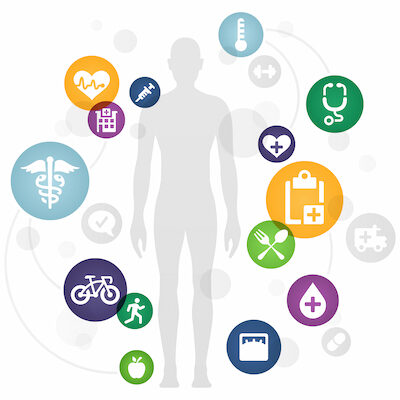Preclinical development of drugs
The Preclinical development of drugs is the first step in the process of bringing a new drug to market. It is a critical phase that involves a range of studies and tests to determine the safety, efficacy, and pharmacokinetics (PK) of the drug in animal models.
The preclinical stage typically begins with in vitro studies, which involve testing the drug in a laboratory setting using cell cultures or tissues. These studies help researchers to identify the most promising drug candidates and to understand how they interact with biological systems. In vitro studies may include assays to measure the drug’s potency, selectivity, and toxicity.
Next, the drug candidate is tested in animal models, typically rodents or non-human primates. These studies help to evaluate the drug’s safety and efficacy in living organisms, as well as its PK properties, including absorption, distribution, metabolism, and excretion. Animal studies also help researchers to identify any potential toxicities or adverse effects of the drug.
During the preclinical stage, drug developers also conduct studies to determine the optimal formulation and dosing of the drug. This involves selecting the most appropriate delivery method, such as oral tablets, injections, or topical creams, and testing different doses to determine the most effective and safe dose range.
Finally, preclinical studies provide the data necessary to design and plan the clinical trials that are required to test the safety and efficacy of the drug in humans. The results of preclinical studies are also used to support regulatory submissions to obtain approval to conduct clinical trials.
Overall, the preclinical stage of drug development is a critical step in the process of bringing new drugs to market. It provides important information about the safety and efficacy of drug candidates and helps to guide the design of clinical trials. Preclinical studies also play a critical role in ensuring the safety and well-being of patients who participate in clinical trials.
You may be interested in the programs below:



